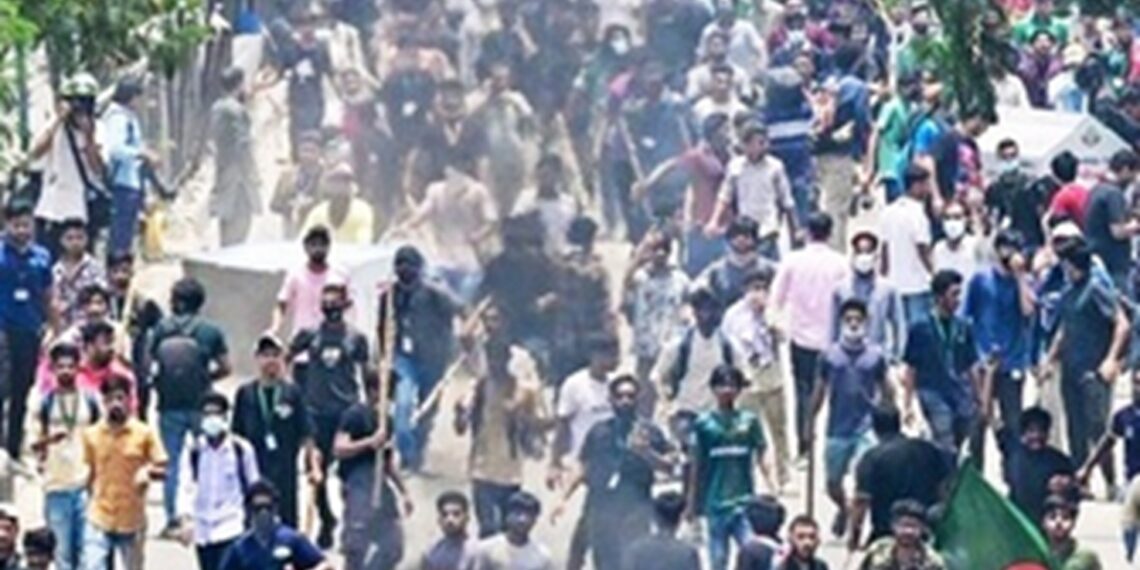Dhaka: Bangladesh’s International Crimes Tribunal (ICT) has ordered investigators to wrap up inquiries into seven major cases linked to the deadly anti-discrimination protests that rocked the country in July and August last year.
The deadline for completing the investigation has been set for October 15.
The directive was issued during a hearing on Saturday, presided over by ICT Chairman Justice Md Golam Mortuza Majumder.
Chief Prosecutor Mohammad Tajul Islam had earlier submitted a request seeking more time to complete the probe, which the tribunal granted.
The cases, stemming from violent clashes during last year’s student-led movement, implicate 45 individuals—many of whom are high-profile political leaders from the previous Sheikh Hasina-led government.
Among those named are former law minister Anisul Huq, former education minister Dipu Moni, ex-industry adviser Salman F Rahman, and former state minister Zunaid Ahmed Palak.
According to local media reports, including the Dhaka Tribune, 39 of the accused were produced in court on the day of the hearing in relation to the ongoing investigations.
Initially, the tribunal had ordered probes into just two cases in December last year, naming 46 individuals, including former Prime Minister Sheikh Hasina.
The latest ruling expands the scope to seven cases in total, all rooted in the intense civil unrest that followed the student-led call for reforms.
ALSO READ: Meghalaya Women’s Commission steps in after Williamnagar girl’s murder
What began as a demand to reform the quota system in government jobs—particularly the 30% reserved for descendants of 1971 war veterans—quickly evolved into a mass political uprising.
As the movement grew in strength and defiance, demonstrators demanded the resignation of the Hasina government and refused offers for dialogue.
The protests, largely led by university students, were met with violent crackdowns. Over 200 people are believed to have died in the confrontations between demonstrators and law enforcement forces.















